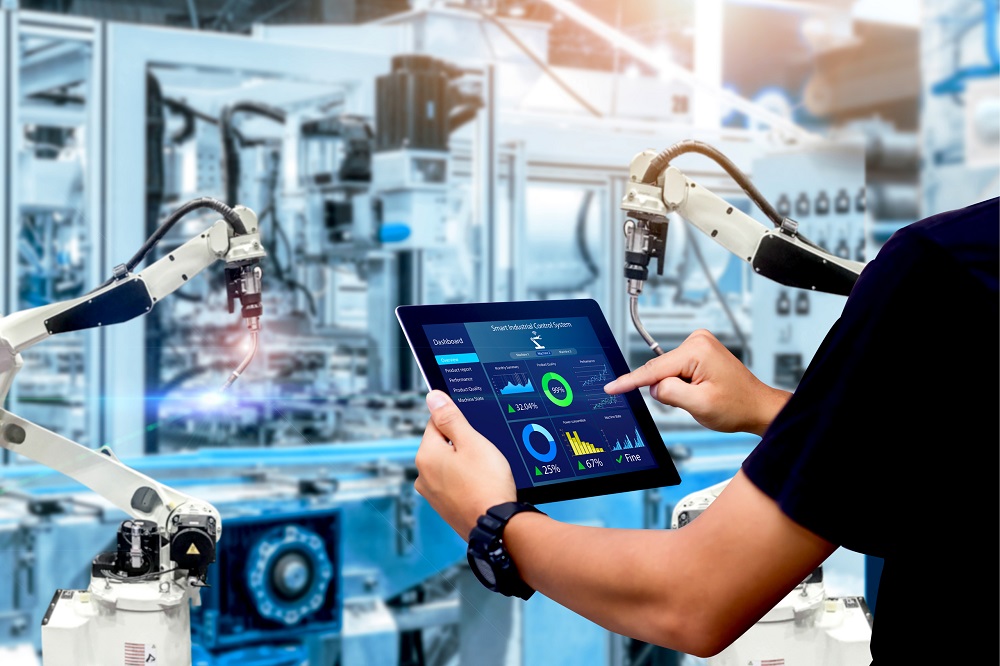Before you understand why digital factories are important, you need to know what is a digital factory? It is often used as an umbrella term as a representation of a network of tools, methods, and models. It is a production facility where several elements (such as machines, workers, raw resources) share production-related information. A digital factory is powered by big data analytics, cloud storage, and smart sensors. The goal of a digital factory is to come up with a holistic plan, improving all essential processes, structures, and products of an actual factory.
Benefits Of Using Digital Factories
Digital factories give rise to digital manufacturing. It is when manufacturing processes are made more efficient using the latest digital technologies. Using digital factories helps you to:
· Increasing The Operational Efficiency
Digital factories use digital manufacturing that helps you to use unconventional manufacturing processes. It uses cloud-based automated solutions to streamline the manufacturing processes. It helps you to gain access to useful analytics as well as improve your decision-making abilities. The downtime period is reduced drastically which leads to more productivity. You will be able to monitor your manufacturing processes’ performance and deliver your products more quickly. Moreover, it ensures that the quantity, as well as the quality of the products, is not compromised.
· Increasing Customer Satisfaction
Digital factories are where all the production-related information is shared. Hence, it can be used to increase your company’s brand awareness. You will be able to provide tailor-made solutions to your customer’s problems and increase your client base.
· Reduce Production Costs
Digital factories allow you to gain a better insight into supply chain problems. You will be able to check information such as the delivery status, demand cycles as well as inventory levels. It will help you to assess all risks carefully and avoid unnecessary spendings.
· Increasing The Quality Of Production
Digital factories will allow you to use several different technologies to improve your production quality. It helps to build employee collaboration as well as implement machine learning, predictive analysis, and three-dimensional modeling into your production process.
Hence, the digital factory is used to focus on transparent communication, standardizing the planning process, and a shortened period for development as well as the introduction of a product. It can act as a base for bringing in industry 4.0 and smart factories. It will provide all the tools for planning that a factory needs to build virtual reality models of an actual factory.


